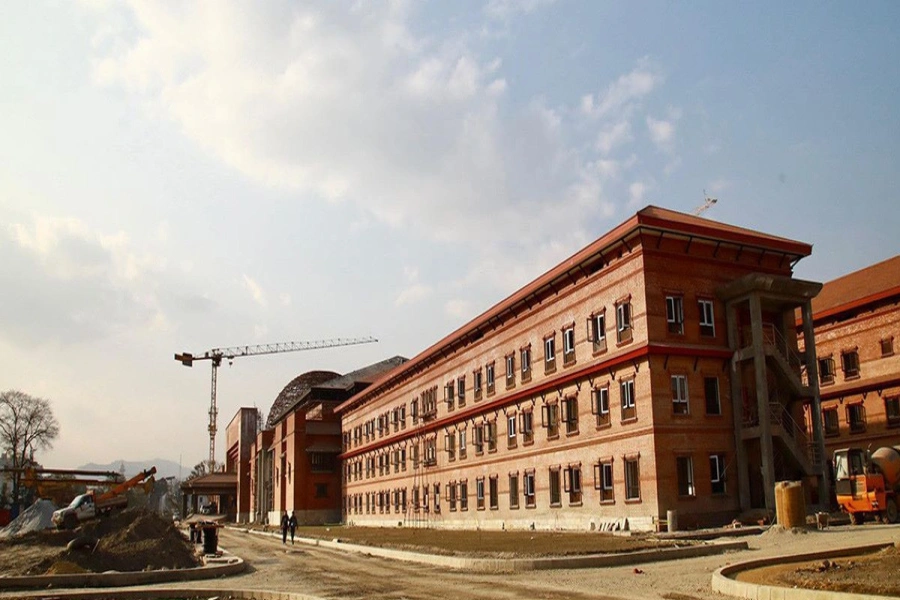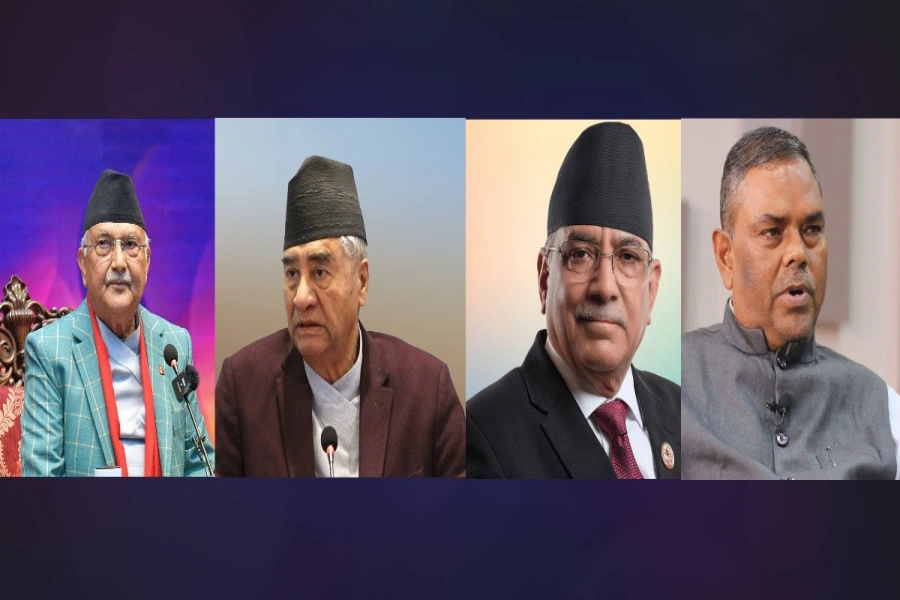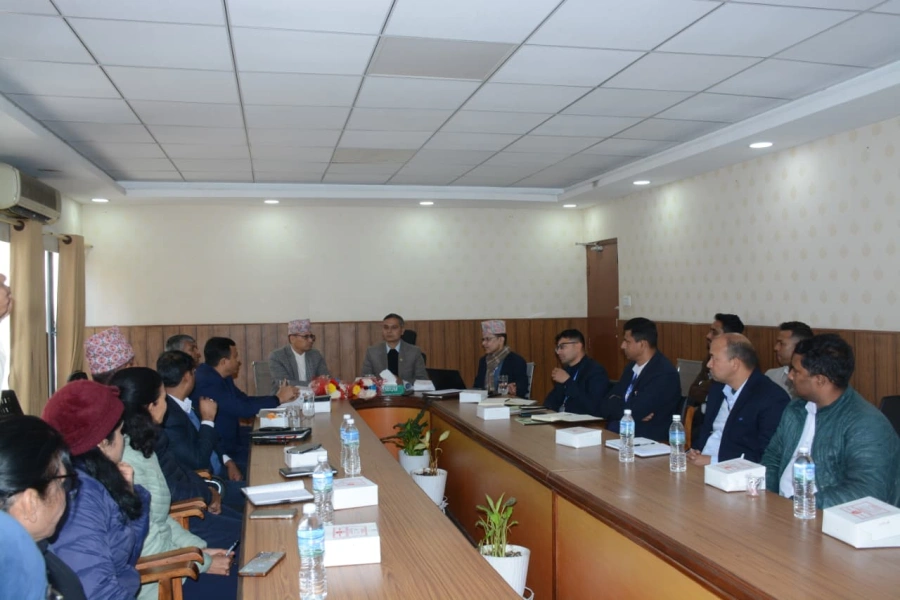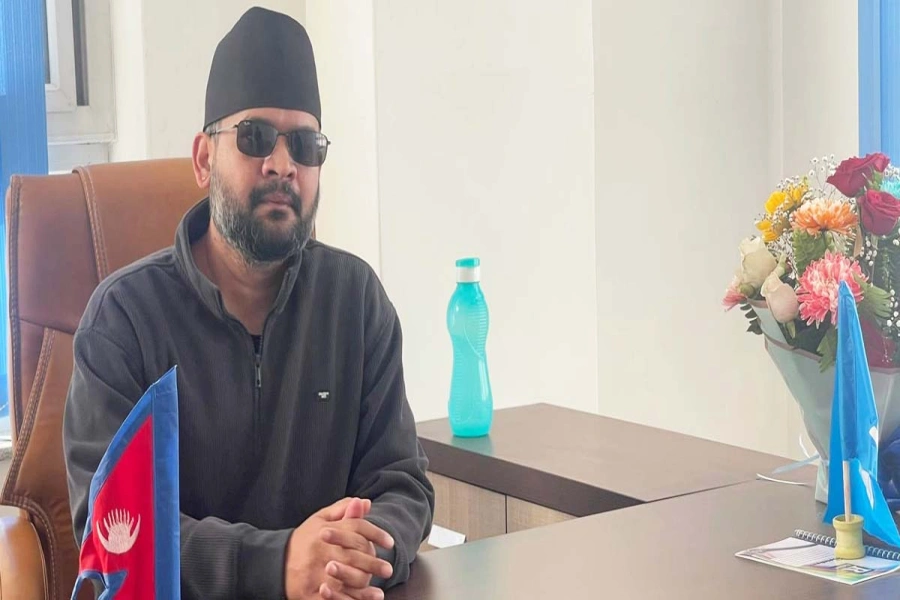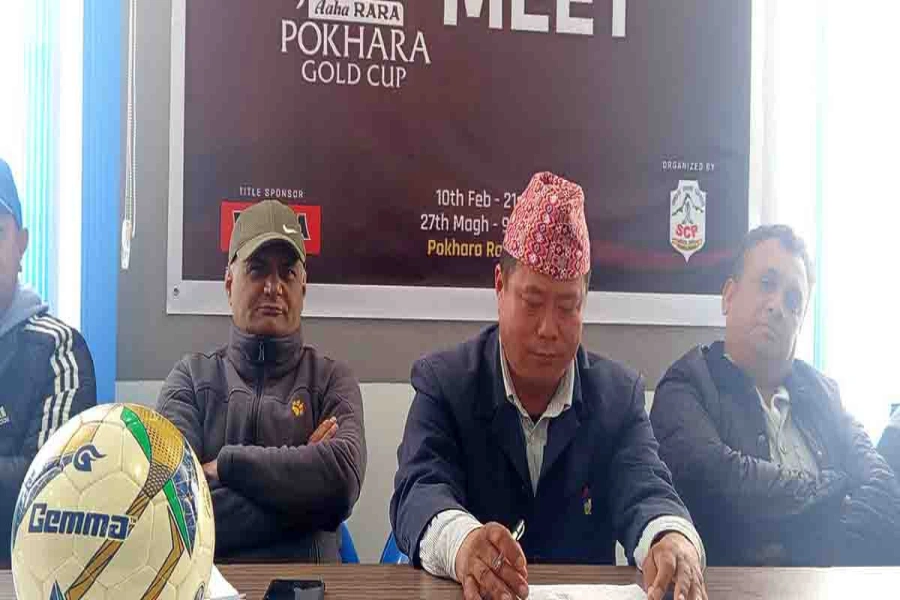Low capital spending affects the quality of our vital energy, road and telecom infrastructures.
Nepalis are quite accustomed to the fact that the amount of capital expenditure (CapEx) is fairly low and inadequate. CapEx, by definition, involves acquisition of long-term assets, such as industrial buildings or manufacturing equipment. It is also essential for a country’s overall development.
Low capital spending has had bleak impact on infrastructure in Nepal, particularly in energy, transport, roads and telecommunications. In order to tackle the problem, the provision of approval of programs from the National Planning Commission was started in 2016, so as to expedite projects and their payment. A few months before the recently held elections, the Ministry of Finance (MoF) introduced a provision of a contractor being able to take up only one project at a time. These measures were sorely needed.
While Nepal’s recurring expenditure is increasing every year, CapEx is still not up to par. According to the MoF, in the first quadrimester, the government must ensure spending of 29 percent of the allocated budget, which must rise to 67 percent by the end of the second quadrimester, and the rest of the budget must be spent by the end of the fiscal. However, as per the Nepal Rastra Bank, the government has spent a meager 3.47 percent on development projects in the first three months of 2074/75.
The art of makeup

Poor preparation
Lack of preparation has led to poor progress on large projects. Given the paucity of feasibility studies and poor preparatory work, it is unsurprising that low capital expenditure is such a big issue. It also leads to a waste of time. Including development projects in budget without any forethought about its viability is also a problem. Hence programs that are not result-oriented should not be approved in the first place. Adequate consultation with stakeholders is a must if proper coordination is to be ensured.
There has been a fair amount of reflection on the inability of the state to spend on long-term development. It is time we focus on how various sectors can individually benefit from high capital spending. For instance, high capital expenditure can help with the development of international tourism by increasing the country’s appeal. Along with that, up-scaling and quality check of infrastructures should be prioritized. To paraphrase columnist Sujeev Shakya, it is time for Nepalis to think big. Public private partnership is vital if infrastructure development is to rise and meet set goals, and for job creation. Further, the Medium Term Expenditure Framework (MTEF) that has been established as an instrument to link annual budget and periodic plan has now been streamlined into the constitution, and the CapEx is expected to rise with it.
The ambition of the state must not dwindle due to procedural hassles and compete for personal priorities of officialdom. There have to be coherent plans, and the zeal to work on them on a quadrimester basis. Regularity in spending is vital.
Focus on results
Even the plans that are currently being executed do not seem well-coordinated; the botched sewage pipelines installation process that starts right after black-topping of roads is a case in point. To stop this, the programs of line ministries need to be approved only after cross-checking whether the respective projects are feasible and that they do not overlap. This money should be spent, but wisely. All in all, it is imperative that Nepal focuses on results now. The ministries and institutions need to think of what they want making rather than dwell endlessly on how much money they need. A reflective procurement plan, time-bound action plans on developmental projects and an unambiguous spending mentality among bureaucrats, private sector and other stakeholders are all vital for much-needed macroeconomic and structural reforms.
The author is a planning officer at the National Planning Commission
Secretariat, Government of Nepal



